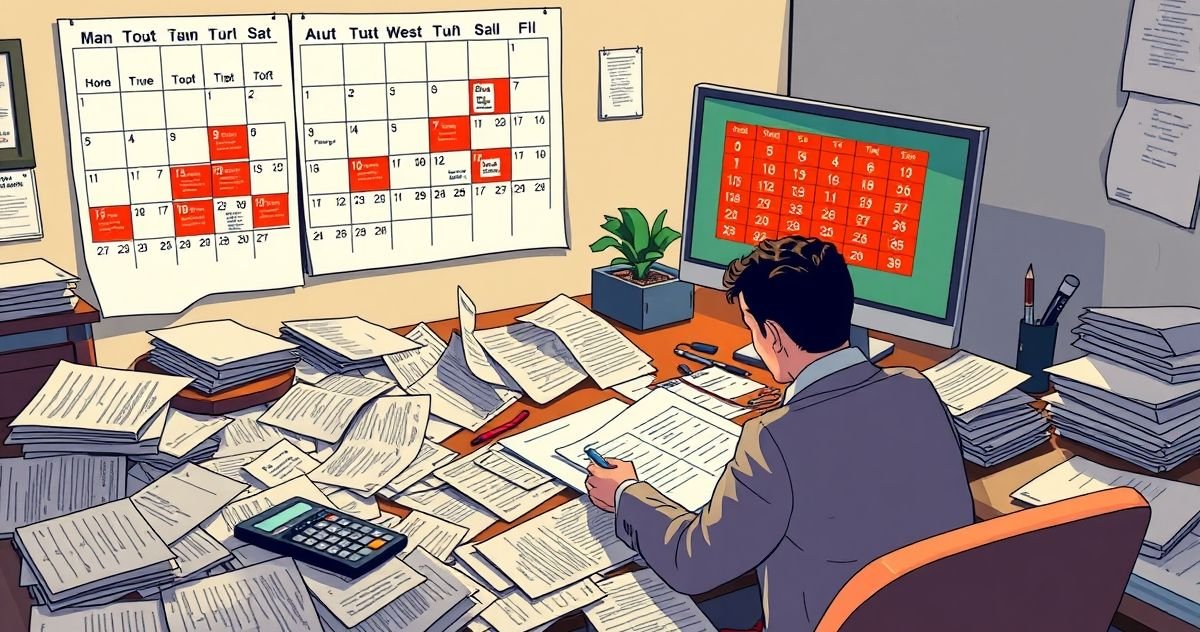Understanding the Payment Agreement Appeal Form
The Payment Agreement Appeal Form is an essential tool for taxpayers seeking to review or modify their existing payment plans with tax authorities. Such agreements are typically established when a taxpayer cannot pay their tax debt in full and arranges to pay the amount due over time. Circumstances, however, can change, necessitating a revision of the terms initially agreed upon. In such cases, taxpayers may file a Payment Agreement Appeal Form.
Primary Purpose
The primary purpose of the Payment Agreement Appeal Form is to provide taxpayers with a structured method to formally request changes to their current payment agreements. These changes might be due to a sudden change in finances, errors in the initial agreement, or other extenuating circumstances that impact the taxpayer’s ability to fulfill the terms agreed upon.
Key Features or Components
Key components of a Payment Agreement Appeal Form include:
- Identification Details: This section contains the taxpayer’s identification information, including names, addresses, and taxpayer identification numbers.
- Original Agreement Information: Details of the original payment agreement, including the date of execution, terms, and outstanding balance.
- Reason for Appeal: A comprehensive explanation of why the appeal is necessary, accompanied by relevant documentation supporting the change in financial circumstances or other reasons.
- Proposed Terms: The taxpayer must detail the revised terms they are proposing, such as adjusted payment amounts or extended timelines.
Filing and Compliance Requirements
Filing the Payment Agreement Appeal Form comes with specific compliance requirements. The taxpayer must ensure that all sections of the form are accurately completed and that any required supporting documents are attached. Filing deadlines must be adhered to, as missing deadlines can result in the denial of the appeal.
Taxpayers should also be aware that while an appeal is being reviewed, they must continue to comply with the existing agreement terms until a decision is reached. Non-compliance might damage the taxpayer’s credibility and affect the appeal’s success.
Penalties and Consequences for Non-Compliance
Failure to comply with the terms of a Payment Agreement Appeal Form or the original payment agreement can result in several penalties and consequences. These might include:
- Penalties and Interest: Accumulating additional penalties and interest on the outstanding balance if payments are missed or delayed.
- Enforcement Actions: Tax authorities may initiate enforcement actions such as garnishments, liens, or levies to recover unpaid amounts.
- Credit Impact: Negative impacts on the taxpayer’s credit rating, which can affect their ability to secure loans or credit in the future.
Importance in Tax Resolution and Compliance
The Payment Agreement Appeal Form is a critical component in the realm of tax resolution and compliance. It provides a mechanism for taxpayers to navigate the complexities of payment plans and ensures that they remain on the right side of compliance. By allowing for modifications to existing payment agreements, it recognizes the dynamic nature of personal finances and provides taxpayers with opportunities to avoid falling into default.
In the broader scope of tax compliance, the Payment Agreement Appeal Form aids in preventing the escalation of tax debt. Taxpayers who regularly evaluate their situation and proactively seek to adjust their plans often find themselves in better financial positions than those who allow unmanageable obligations to persist. By adhering to the guidelines and requirements associated with the appeal process, taxpayers can reduce stress, avoid penalties, and cooperate effectively with tax authorities.
Conclusion
For taxpayers, the Payment Agreement Appeal Form serves as a vital lifeline, especially in times of financial uncertainty. It is an essential document that ensures they maintain compliance with tax obligations while providing flexibility in addressing unforeseen financial challenges. Taxpayers should approach the appeal process with due diligence and utilize the form as part of their broader financial management strategy. Properly managing this process can significantly benefit taxpayers, preventing additional penalties and enforcement actions while maintaining a cooperative relationship with tax authorities.



